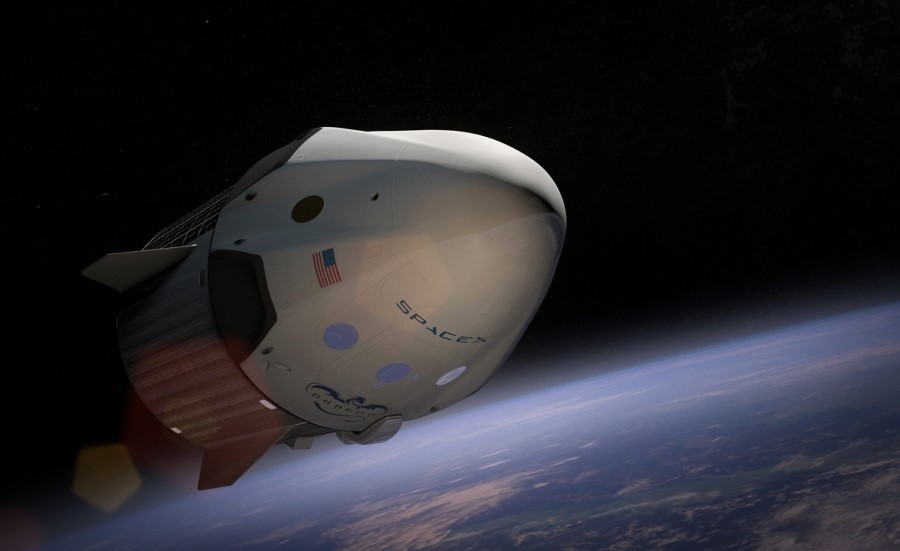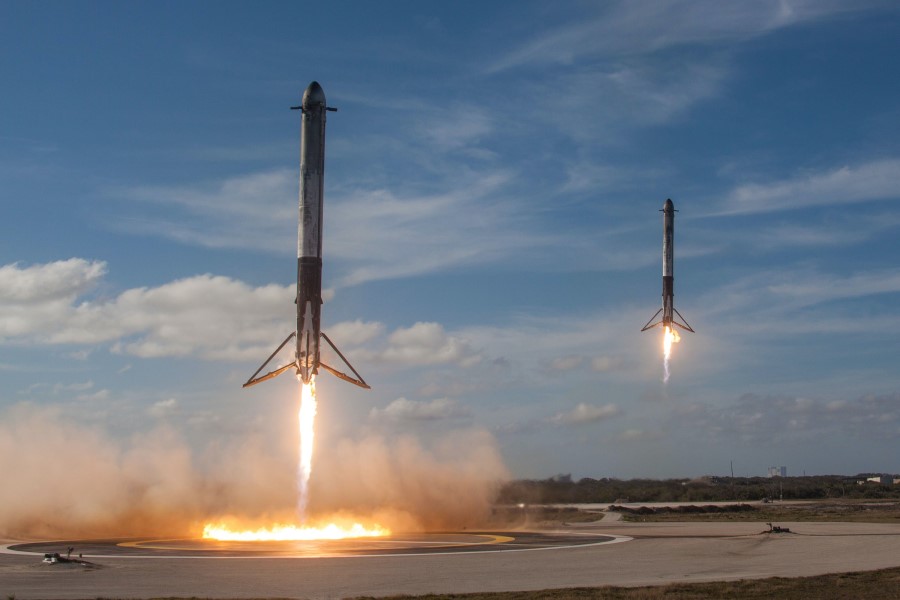
Professor Raquel Ortega-Argiles explains how the development of a space cluster in the West Midlands could allow the region to develop new varieties of technologies by following diversified specialisation processes.
This blog has been produced to provide insight into a City-REDI / WMREDI project looking at the development of a Space Cluster in the West Midlands. The project is led by Dr Chloe Billing and colleagues:
View more work from the Local Space Cluster Development Support Programme
Regional Diversification in the West Midlands
The development of new industries or technologies across the geographical space is characterised by path and place dependence: new activities are more likely to emerge in domains whose organisational routines are cognitively close to those that already exist in a given location. Considering the mix of advanced manufacturing industries, skills, technologies, components, and local institutions, developing a space cluster for the West Midlands seems to be an opportunity for regional diversification in the region.
Regional diversification refers exclusively to regions’ ability to develop new varieties of technologies. More generally, it may also concern developing new varieties of goods, industries and scientific knowledge. In the context of Smart Specialisation, diversification can be understood as the dynamic process of change and the transformation of regional structures, while specialisation refers to domains in which given regions concentrate their expertise in this process of regional industrial renewal. These regional diversification processes should evolve and do not concentrate exclusively on a single domain to avoid industrial lock-in scenarios.
Pursuing diversified specialisation processes
The West Midlands region should pursue diversified specialisation processes, concentrating their efforts in given domains of local specialisation. Focusing in areas of advanced manufacturing such as the automotive industries or advanced manufacturing, in areas of higher added-value services such as business and professional services or logistics, but at the same time, continuously endeavour to diversity and replace existing specialisations with new (and improved) ones such as space technologies, electric vehicles, railway technologies. These processes normally are dependent on existing regional capabilities, allowing related new and existing varieties to emerge consistently as an essential driving force for new industrial pathways. Related varieties of goods, technologies and industries appear when their development requires similar knowledge, applying similar techniques and/or similar raw materials (for example, auto and aerospace components are related because they are manufactured using similar technologies, skills and materials).
Modern Clusters
Modern clusters are instrumental in creating industrial regeneration and related technological and skill diversification in a region. In the context of Smart Specialisation, modern clusters are defined as the concentration of economic activities in groups of related industries in a specific location connected through multiple linkages and spillovers. In particular, the development of clusters facilitates the process of regional diversification because:
- There are positive effects in productivity and innovation levels associated with critical mass due to higher Specialisation and competitive pressure.
- There are positive effects related to the cross-industry nature of value chains and innovation ecosystems due to economies of scope, i.e. benefiting from related industries and at the same time spurring local growth in employment in these industries.
- Positive externalities arise based on the interactions and linkages between local businesses, institutions, talent base and local markets being stronger in related industries.
- Clusters emerge based on the opportunities for specific and related companies to invest, succeed and grow. They result from a cumulative process of “success breeds success” where one business’s success paves the way for others to follow.
- They can integrate research/innovation projects funded through the cluster initiative with market development activities and with customers and private or public users, primarily via “living labs” and global value chain activities.
Developing a space cluster for the West Midlands is not an easy task as successful clusters come in all shapes and sizes. As there is no one-size-fits-all cluster model (i.e., industrial cluster, research-driven cluster, launched through a government policy or without public intervention, mature or emerging cluster) and a “best practice” does not exist, the West Midlands must find the best cluster shape to build competitive advantages based on its local strengths and assets combined with global networks’ inspirations and trends but also based on the experience of successful local clusters.
 Reaching out to other clusters
Reaching out to other clusters
Design and developing a cluster space within the West Midlands does not end in its implementation and requires a strategic approach for its evolution and cluster cooperation. The most successful clusters are the ones that are interregionally connected with other related clusters (i.e. space clusters in other parts of the world) or complementary clusters (i.e. technological, skills or scientifically related – advanced manufacturing clusters, logistic clusters). Cluster cooperation can appear when solutions and demands with actors from other clusters can further promote commercialisation, value chain opportunities and accelerate innovation uptake. This should be understood to be related only to radical innovation that is new to the world and covers value-chain innovation, where an existing innovation is brought to a new field of application and triggers change.
This blog was written by Professor Raquel Ortega-Argiles, Professor of Regional Economic Development, City-REDI / WMREDI, University of Birmingham.
Disclaimer:
The views expressed in this analysis post are those of the authors and not necessarily those of City-REDI / WMREDI or the University of Birmingham.
